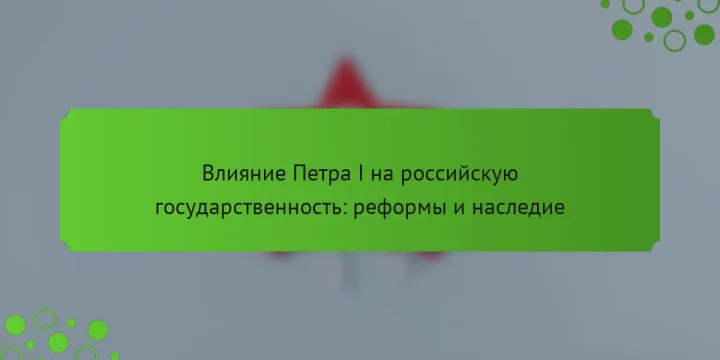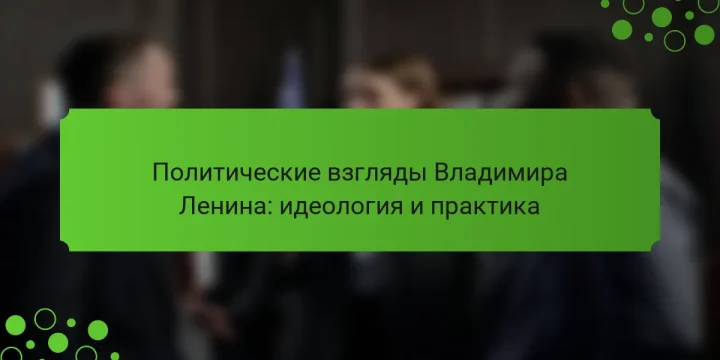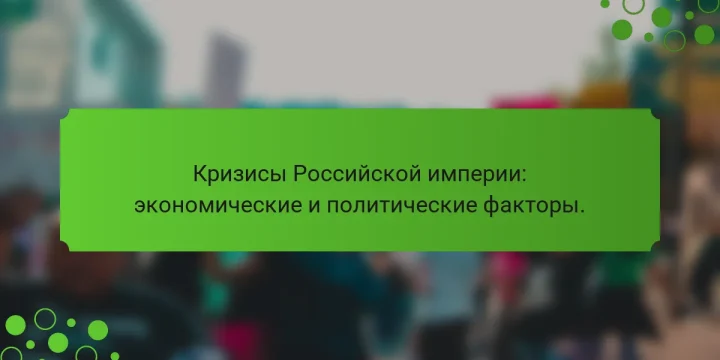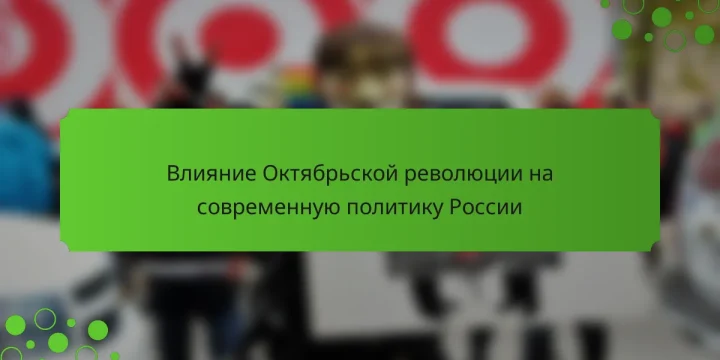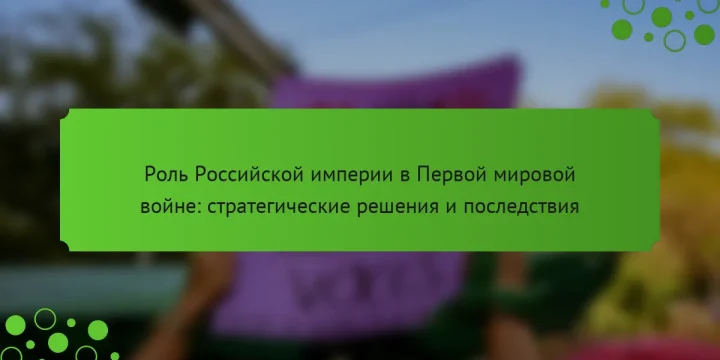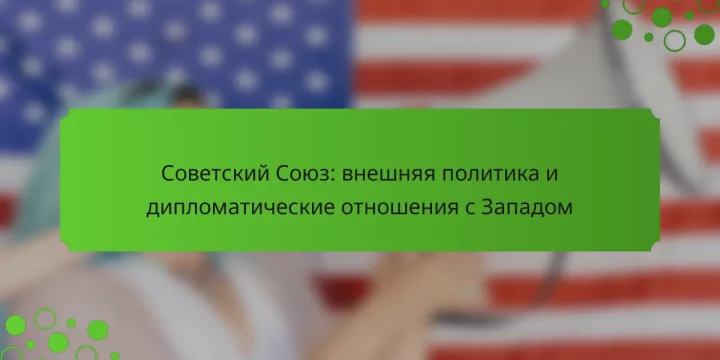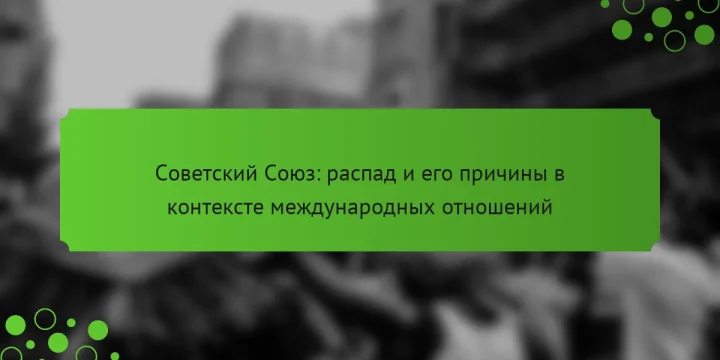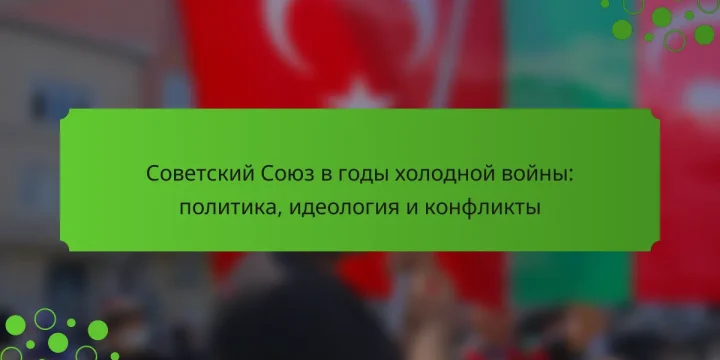
Добро пожаловать в Империю истории!
На сайте imperiiia.com вы окунётесь в хитросплетения российской политической истории. Мы рады приветствовать вас на нашем ресурсе, где каждый уголок страны хранит своё уникальное наследие. От первых царей до новейших событий — здесь вы найдёте глубокие исследования, подробные статьи и захватывающие аналитические материалы, которые помогут вам понять, как формировались и развивались политические институты России.
Наша цель — предоставить вам максимально полное и достоверное освещение событий, которые оказали влияние на судьбы миллионов. С нами вы сможете не только узнать о ключевых личностях и событиях, но и проанализировать их влияние на современную Россию. Мы уверены, что каждый визит на наш сайт откроет для вас новые горизонты понимания и осмысления российской истории.
Что вы можете исследовать:
- Значимые исторические события: анализ и последствия
- Влиятельные фигуры: от князей до политических деятелей
- Трансформация власти: изменения в управлении и обществе
- Революции и реформы: ключевые моменты нашей истории
- Современные тенденции: как прошлое формирует настоящее

